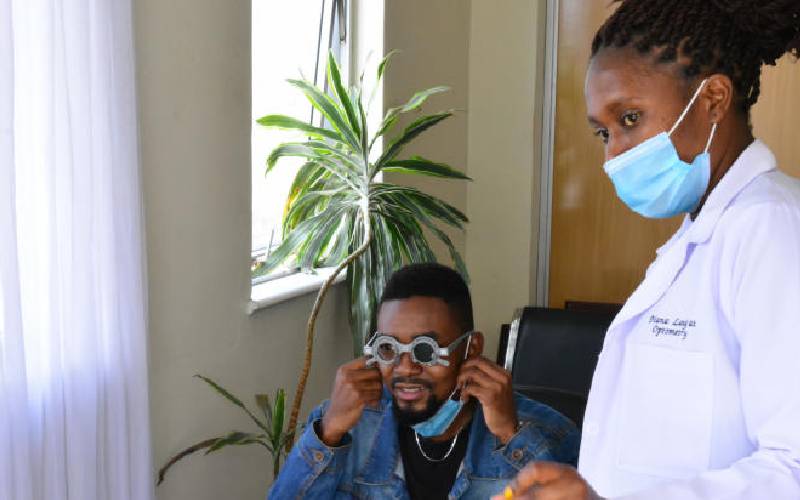
Patience Ahumuza, a digital communications consultant cannot live without her eyeglasses which she has been wearing since 2010, because of the effect of the blue light from screens.
Even while in school, Patience, who is short-sighted, recalls “I could barely see what the teacher was writing and an optician recommended eyeglasses.”
Patience would get frequent headaches and thought the glasses were too strong for her, but even changing them did not solve anything, and spending over 14 hours in front of a computer did not help matters as the blue light affected her eyesight further.
Facts First
Unlock bold, fearless reporting, exclusive stories, investigations, and in-depth analysis with The Standard INSiDER subscription.
Already have an account? Login
 The Standard Group Plc is a multi-media organization with investments in media
platforms spanning newspaper print
operations, television, radio broadcasting, digital and online services. The
Standard Group is recognized as a
leading multi-media house in Kenya with a key influence in matters of national
and international interest.
The Standard Group Plc is a multi-media organization with investments in media
platforms spanning newspaper print
operations, television, radio broadcasting, digital and online services. The
Standard Group is recognized as a
leading multi-media house in Kenya with a key influence in matters of national
and international interest.











